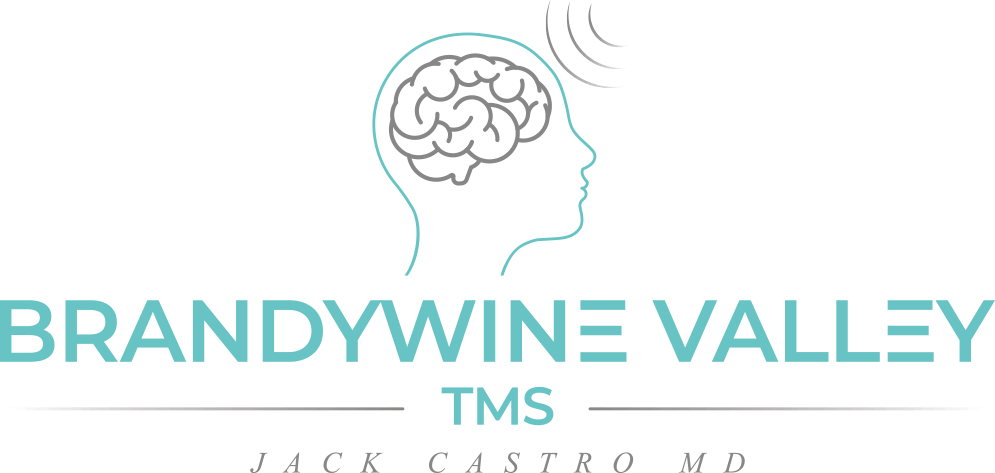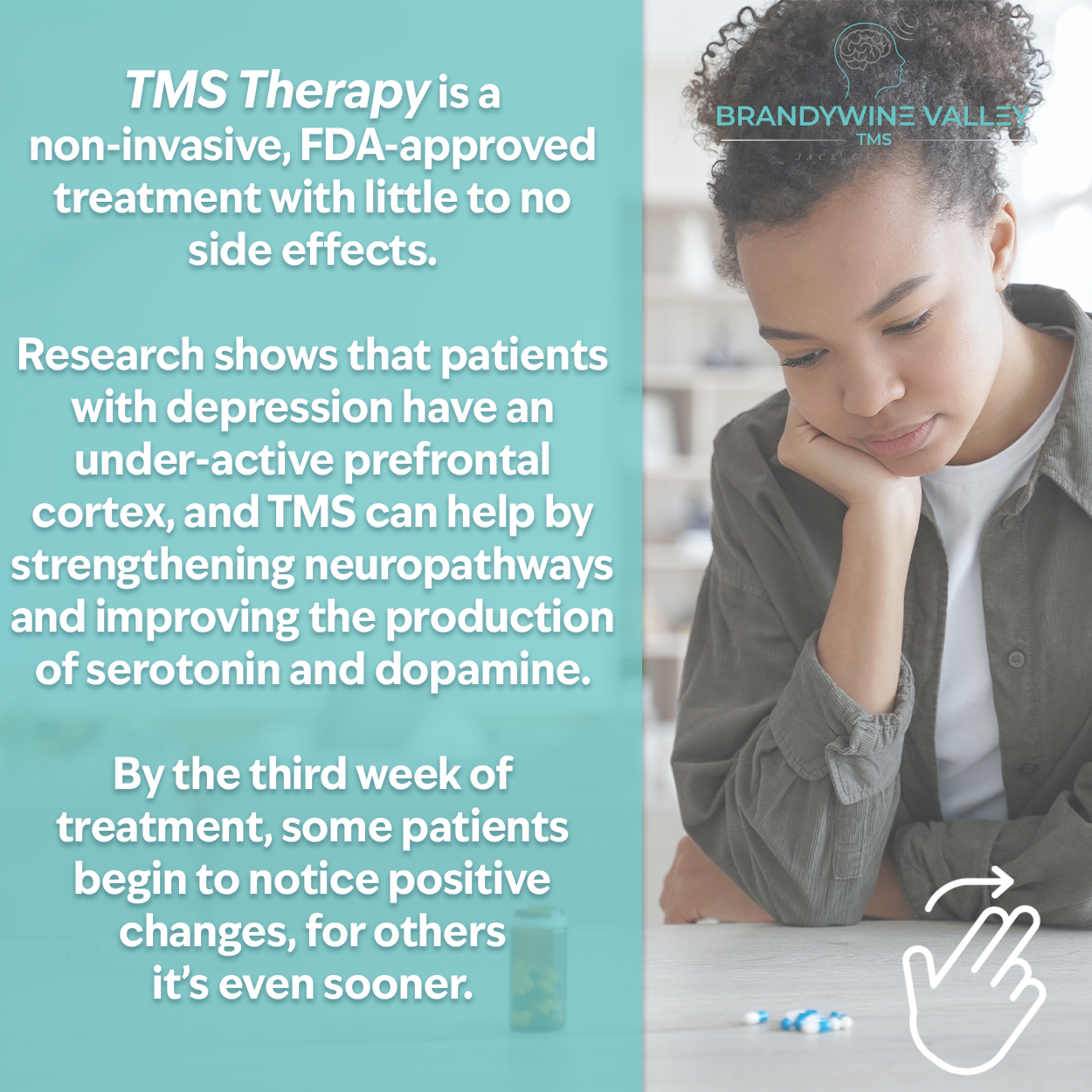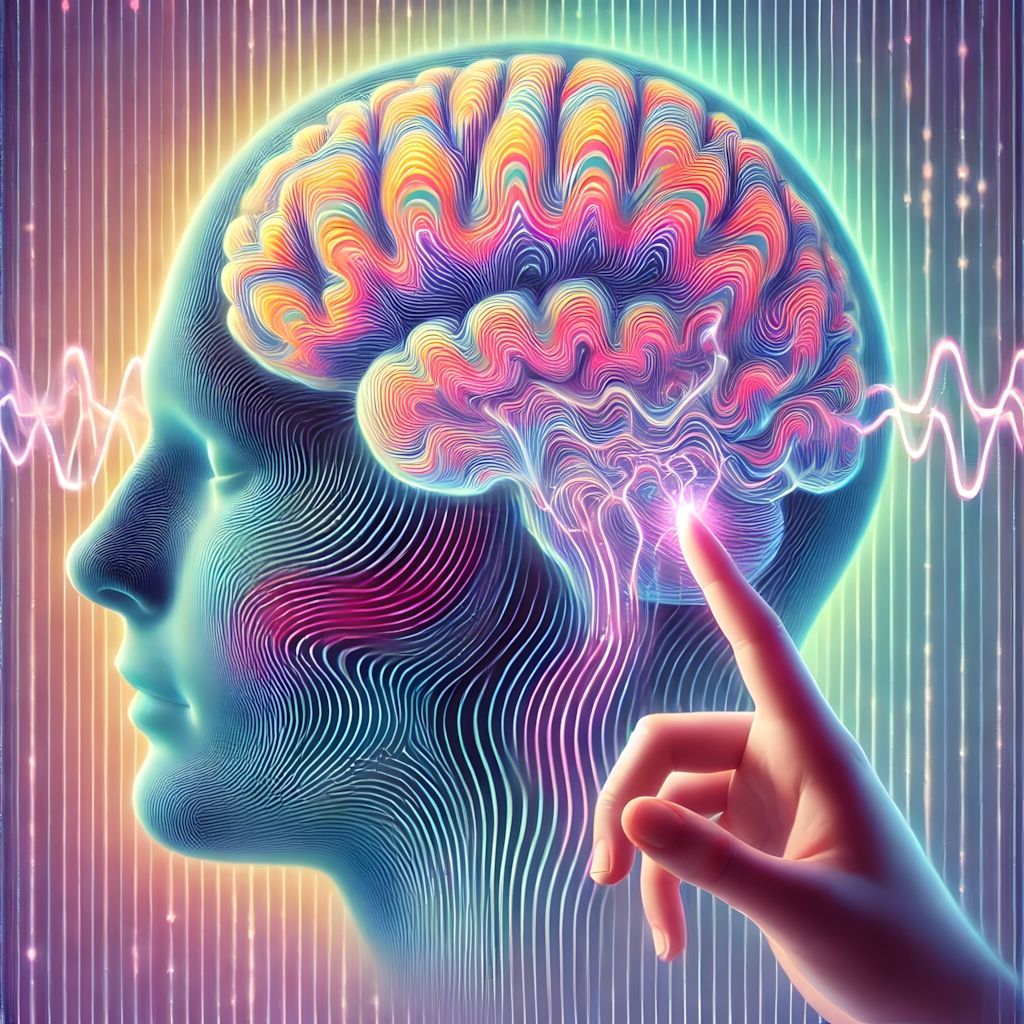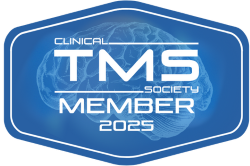Why Wilmington Residents Are Turning to TMS Therapy for Depression Relief
Jack Castro • March 17, 2025
When Depression Treatments Fail, What Comes Next?
Millions of people rely on therapy and antidepressants to manage depression, but these treatments don’t work for everyone. Some experience severe side effects from medication, while others see little to no improvement even after trying multiple prescriptions.
For Wilmington residents who feel stuck in this cycle, transcranial magnetic stimulation (TMS) therapy offers a new path forward. This FDA-approved, non-invasive treatment is changing the way we approach depression by targeting brain function directly—without medication.
At Brandywine Valley TMS, we provide personalized TMS therapy to patients in Wilmington, Greenville, Pike Creek, Hockessin, and surrounding areas.
What Makes TMS Therapy Different?
Unlike medications, which affect the entire body, TMS therapy focuses solely on the brain. It uses targeted magnetic pulses to stimulate underactive neurons, helping to regulate mood naturally.
This treatment is ideal for those who:
- Have tried multiple antidepressants without relief.
- Experience unpleasant side effects from medication that interfere with daily life.
- Want a drug-free alternative for depression treatment.
According to Harvard Health Publishing, TMS therapy is a proven, science-backed treatment that helps patients who haven’t responded to traditional therapies. More details can be found at Harvard Health Publishing.
The Hidden Cost of Untreated Depression in Wilmington
Depression doesn’t just affect mood—it impacts work, relationships, and daily responsibilities. Left untreated, it can lead to:
- Difficulty focusing at work or school.
- Withdrawal from friends and family.
- Increased anxiety and sleep disturbances.
- A higher risk of other health complications.
Wilmington has a strong mental health community, but traditional approaches don’t work for everyone. This is where Brandywine Valley TMS steps in, offering a cutting-edge alternative for those who need a new approach to treatment.
TMS Therapy in Wilmington: What Patients Need to Know
Many patients hesitate to try TMS therapy because they assume it’s complex or invasive. In reality, it’s a simple outpatient treatment with no recovery time required.
Here’s what to expect:
- Non-invasive: No surgery, sedation, or medication required.
- Fast and convenient: Each session takes 20-30 minutes.
- Painless treatment: Some patients feel mild tapping on the scalp, but there’s no lasting discomfort.
- Resume daily activities immediately: Drive yourself home after every session.
At Brandywine Valley TMS, our Wilmington-based team ensures each patient receives a personalized plan tailored to their symptoms and treatment history.
Why More Wilmington Patients Are Choosing TMS Therapy
TMS therapy is becoming a preferred option in Wilmington because it:
- Doesn’t involve daily medication or long-term prescriptions.
- Has minimal side effects compared to antidepressants.
- Targets the root cause of depression instead of just masking symptoms.
Many Wilmington residents find that TMS therapy provides long-term relief, helping them regain control of their mood, energy, and daily life.
Wilmington’s Trusted TMS Therapy Provider
Brandywine Valley TMS is one of the leading providers of TMS therapy in Wilmington, serving patients in:
- Greenville
- Pike Creek
- Hockessin
- Brandywine Hills
- Trolley Square
We offer insurance verification, comprehensive consultations, and expert care to help you determine if TMS therapy is the right choice.
Ready to Take the Next Step?
If you feel stuck in the cycle of depression, TMS therapy may be the breakthrough treatment you need.
Contact Brandywine Valley TMS today to learn more about how this innovative therapy is helping Wilmington residents reclaim their lives.
Call (302) 635-1710 or

NAVIGATION LINKS
FREE CONSULTATION
It's important to know that you are not alone. Get help with depression today!

TMS THERAPY SUPPORTS MENTAL WELLNESS
- Depression
- Lack of Joy
- Sadness and Despair
- Low Mood
- Lethargy
- Insomnia
- Oversleeping
- Social Isolation
- Self-Harm
- Substance Abuse
- Suicidal Ideation
- Alcoholism









